Holly Fruehwald, a PhD student at the University of Ontario Institute of Technology (Ontario Tech), Canada, is the recipient of the 2021 ECS Canada Section Student Award. The award recognizes a promising young engineer or scientist in whose work electrochemical science and technology and/or solid state science and technology are the central consideration.
ECS Canada Section Student Award
The section established the award, which is bestowed annually, in 1987. The winner receives a $1,500 USD prize which is awarded at an ECS Canada Section meeting. The award recipient is invited to give a lecture on the topic of his/her research.


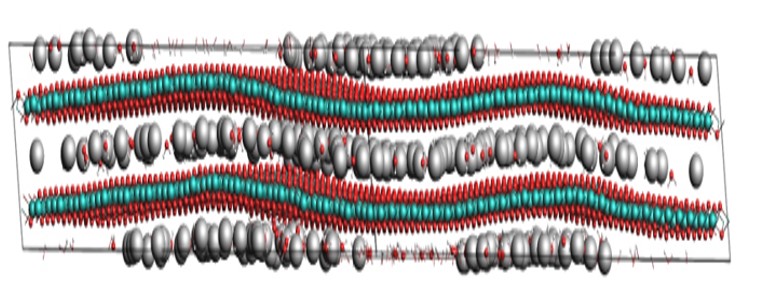

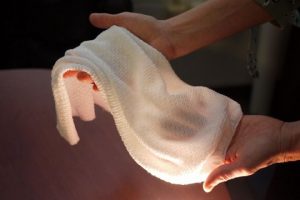
 Why do synthetic 2D materials often perform orders of magnitude worse than predicted? A new understanding of this scenario could improve the materials’ performance in future electronics, photonics, and memory storage.
Why do synthetic 2D materials often perform orders of magnitude worse than predicted? A new understanding of this scenario could improve the materials’ performance in future electronics, photonics, and memory storage.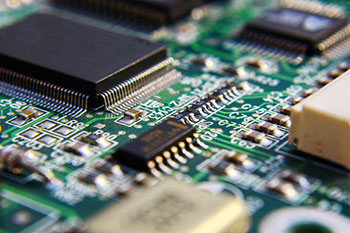 A new process for growing wafer-scale 2D crystals could enable future super-thin electronics.
A new process for growing wafer-scale 2D crystals could enable future super-thin electronics.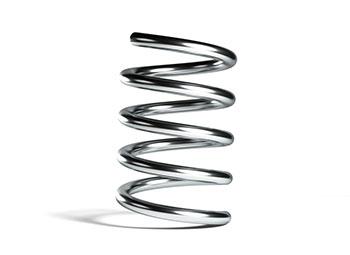 Stress a muscle and it gets stronger. Mechanically stress a new rubbery material—say with a twist or a bend—and it automatically stiffens by up to 300 percent, the engineers say.
Stress a muscle and it gets stronger. Mechanically stress a new rubbery material—say with a twist or a bend—and it automatically stiffens by up to 300 percent, the engineers say. While tracking electrons moving through exotic materials, researchers have discovered intriguing properties not found in conventional, silicon-based semiconductors.
While tracking electrons moving through exotic materials, researchers have discovered intriguing properties not found in conventional, silicon-based semiconductors.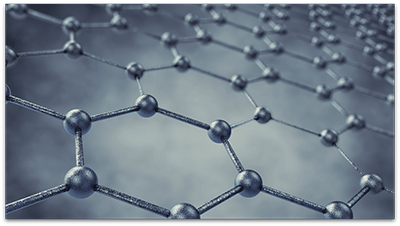 New graphene printing technology can produce electronic circuits that are low-cost, flexible, highly conductive and water repellent, researchers report.
New graphene printing technology can produce electronic circuits that are low-cost, flexible, highly conductive and water repellent, researchers report.